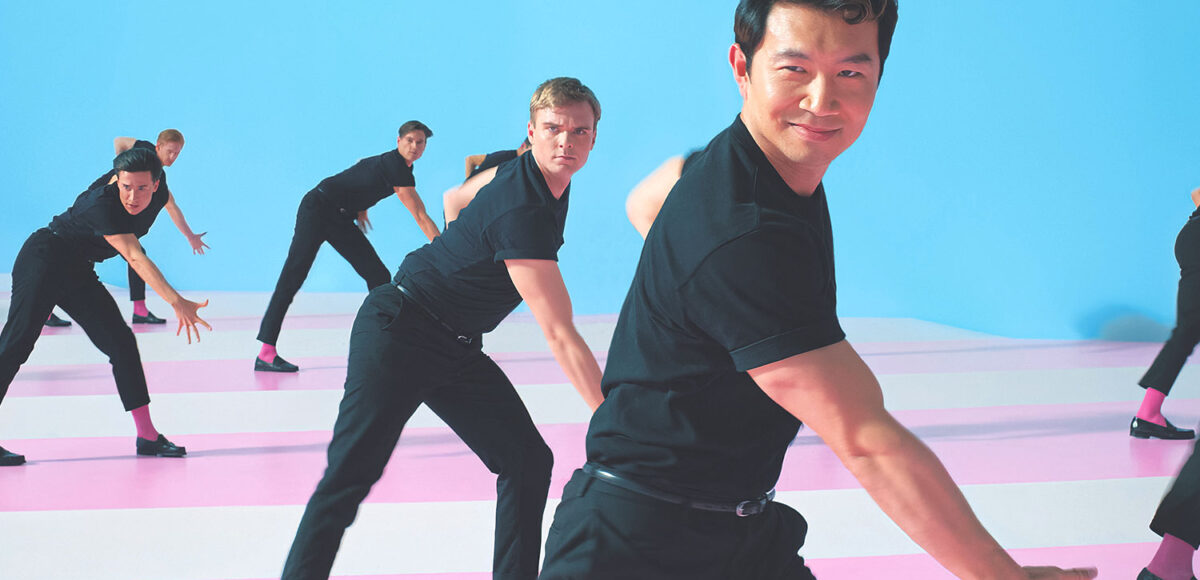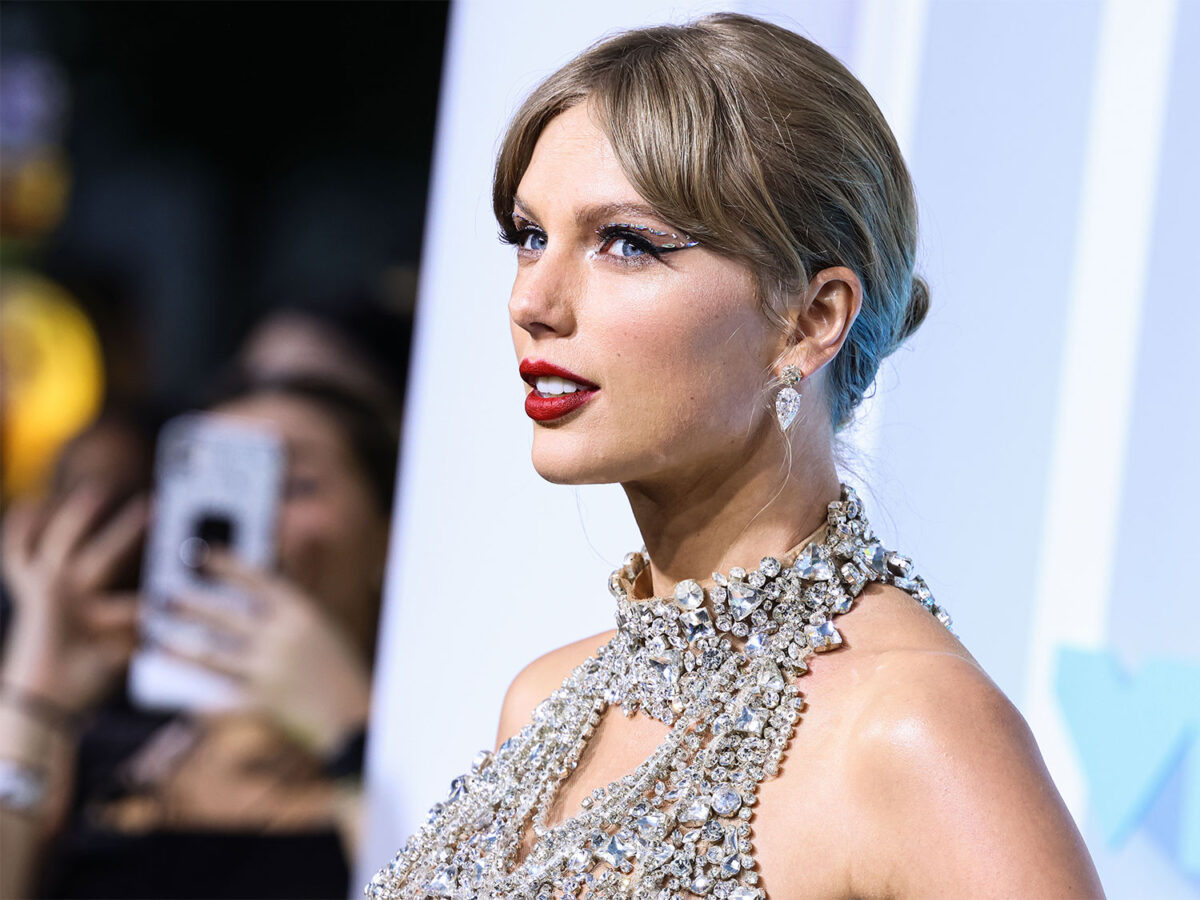“Barbie” is the talk of the town, even gracing the cover of TIME Magazine. People everywhere are flocking to theaters ($780.7 million in revenue as of Aug. 1), dressing themselves (and even their pets) in hot pink attire and purchasing Barbie merchandise. While not everyone is on board, with some even adopting a harsh attitude, there’s no denying that Greta Gerwig and her team have ignited a sensation unparalleled in recent memory.
Making history during its debut weekend, “Barbie” became the highest-grossing film by a female director—a beautiful demonstration of Oscar Wilde’s 1889 quip, “Life imitates art far more than art imitates life.” Gerwig and Barbie prove that women are truly capable of anything.
Barbie at 65 years old instead of retiring is being reinvented. She is once again a cultural phenomenon and an agent of change. By bringing us together to play, stimulating our innate beauty receptors, connecting us to our childhood, and challenging us to confront substantial social issues, Barbie is a real star. The movie doesn’t merely bring a beloved doll to life—it also provokes us to engage in deeper societal discussions about femininity, empowerment, social structures, mental health and more. In her new avatar, Barbie once again encourages us to believe in the boundless potential within each of us—this time for women and men alike.
Here are some of the key themes in “Barbie” that are striking a chord in all of us:
The Timing is Perfect: We are all emerging from our cocoons to experience joy together again. The mid- summer release ignited our desire to return to theaters with friends and family. This marks the biggest movie opening since 2019, a clear indication that we are moving past the trauma and enthusiastically resuming public gatherings.
A Longing for the Past: A dash of nostalgia can alleviate anxiety and uplift moods. Childhood, for many, was a carefree period, and revisiting it is comforting. Additionally, our brains conserve energy by processing familiar experiences, making them feel rewarding.
Our Concept of Beauty: Attributes such as clear skin, shiny hair, long eyelashes, a curvaceous figure and symmetry are considered “beautiful” in women. These features signal optimal fertility, triggering our biological programming to find them attractive—a constant across time and cultures. When Barbie emerged in 1958, she showcased these traits in an exaggerated manner, instantly stimulating our innate beauty receptors. Now, Margot Robbie’s portrayal brings Barbie to life and triggers those same receptors.
“Girl Power” Personified: Barbie has always signified feminine potential—conveyed through hues of pink, sparkling glamor, radiant smiles, friendships and boundless spirit. Since her inception, Barbie has been a catalyst for change, morphing from a doll modeled after a sex worker into an emblem of unlimited potential. She has stirred the imaginations of children for decades, and this excitement is heightened as she takes on the full range of emotions in the film. Ruth Handler, the creator of Barbie, said “My whole philosophy of Barbie was that, through the doll, the little girl could be anything she wanted to be. Barbie always represented the fact that a woman has choices.” This is certainly a message that resonates now!
Overcoming Anxiety: In recent years, societal anxiety about death has been near universal. Seeing a life-sized Barbie sharing our fears is validating. Just as we emerge from our collective trauma, the Barbies band together to save their society. Overcoming trauma acts as a catalyst for growth in both Barbieland and the real world.
The Power of Play: The joy of communal movie-watching evokes childhood memories. Dressing up, sharing laughter, tears and stimulating discussions is a welcome departure from the isolation imposed by the pandemic. As social creatures, the limitations of at-home viewing on platforms like Netflix become clear when we contrast it with the enthusiasm being generated by Barbie.
A Study in Contrasts: Barbie’s hyper-femininity contrasts perfectly with the hyper-masculinity of the protagonist of “Oppenheimer.” The simultaneous release of both movies undoubtedly augmented both of their successes. The “Barbenheimer” weekend was a unique moment in cinema history, unlikely to be replicated soon without seeming contrived.
The Power of Exaggeration: In the digital age, exaggeration often captures attention by simplifying information processing. This inclination towards rapid, energy-efficient stimuli becomes more evident amidst the vast sea of digital content. Gerwig expertly used exaggeration and hyperbole to capture and hold our attention.
Layered Content: The fast-paced, multi-dimensional movie engages viewers of all ages and sexes. In fact, 35% of viewers on opening weekend were men. The clever storyline and content, with numerous references to old films and other social phenomena, is delivered in a visually stimulating way. Gerwig managed to tackle big issues such as identity, relationships, existential crisis and matriarchy versus patriarchy. In fact, the monologue about the difficulty of balancing motherhood and work moved many to tears. There is something for almost everyone in this film.
Thought-Provoking Innovation: The movie takes the familiar character of Barbie and presents her in an entirely new way. While some worry that artificial intelligence may stifle creativity, it may also stimulate it. One of the men in our group said after the movie, “That was way better than it needed to be”—a sentiment I couldn’t agree more with! This was a movie unlike any we have seen before and many are already returning for a second viewing in order to catch more.
A Touch of Controversy: And last but not least, as P.T. Barnum said, “there is no such thing as bad publicity as long as they spell your name right.” The portrayal of men was perceived as insulting by many and nothing ignites conversation like feeling slighted. It seems that Gerwig sought to illustrate that both matriarchy and patriarchy are flawed, and the solution lies in finding balance. However, not everyone interprets the movie this way, and many have been vocal about their anger.
For these reasons and more, this is truly a movie with legs (pun intended).
Beverly Hills Courier columnist Dr. Eva Ritvo is a psychiatrist with more than 30 years’ experience practicing in Miami Beach. She is the author of “Bekindr-The Transformative Power of Kindness” and the founder of the Bekindr Global Initiative, a movement to bring more kindness in the world. She is the co-author of “The Beauty Prescription” and “The Concise Guide to Marriage and Family Therapy.” She is also the co-founder of the Bold Beauty Project, a nonprofit that pairs women with disabilities with award-winning photographers creating art exhibitions to raise awareness. Dr. Ritvo received her undergraduate and medical degrees from UCLA, and psychiatry residency training at Weill Cornell Medicine.







